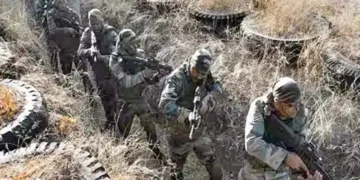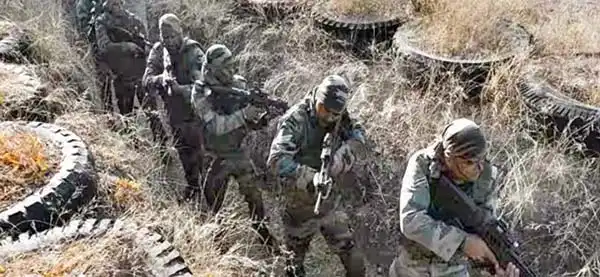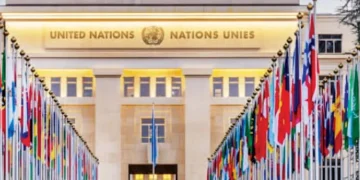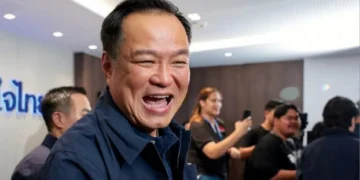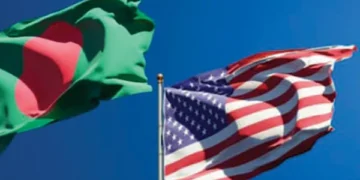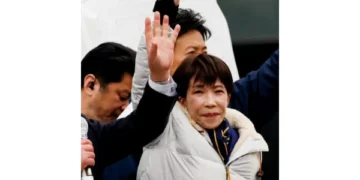Blitz Bureau
UNITED NATIONS: As new theatres of conflict emerge, India has called for “global action” to match the ambitious commitment to fight terrorism made in the Pact for the Future by world leaders in their summit.
India appreciates “the strong message condemning terrorism in the Pact,” Permanent Representative P. Harish said on October 7.
“On this, we would like to stress that ‘Global Action’ must now match ‘Global Ambition’,” he said.
Call for unified action
Stressing the need for urgent, unified action, he said that terrorism “continues to be a serious threat to global peace and security, while areas such as cyber, maritime and space, emerge as new theatres of conflict”.
The Pact adopted last month at the Summit of the Future makes one of the most unequivocal declarations on terrorism: “We reaffirm that all terrorist acts are criminal and unjustifiable regardless of their motivation or how their perpetrators may seek to justify them.”
This undercuts attempts by Pakistan and some other countries to muddle the definition of terrorists by claiming that some can be considered “freedom fighters” as they try to block the Comprehensive Convention on International Terrorism (CCIT) proposed by India 28 years ago.
Addressing the General Assembly session on ‘Strengthening the UN System’, Harish spoke of India’s leading role on behalf of the Global South by amplifying its voice in the contributions to the framing of the Pact, making it more “human-centric.” Harish criticised the Pact for coming up short on reforming the Security Council.
Reforming Security Council He said that Pact’s chapter on ‘Transforming Global Governance’ was not ambitious enough and did not reflect the views of the majority of UN members calling for the expansion of both non-permanent and permanent members.
The inputs to the Pact from the Inter-Governmental Negotiations for Council reform did not go far enough “in addressing the critical issues related to UN Security Council reforms and expansion,” he said.
Even though most countries want the Council reform negotiations to adopt a negotiating text that lays out an agenda for the discussions and is used to mark the progress, a small group of countries led by Italy and including Pakistan are blocking the adoption of the text and lobbied against its mention in the Pact.
